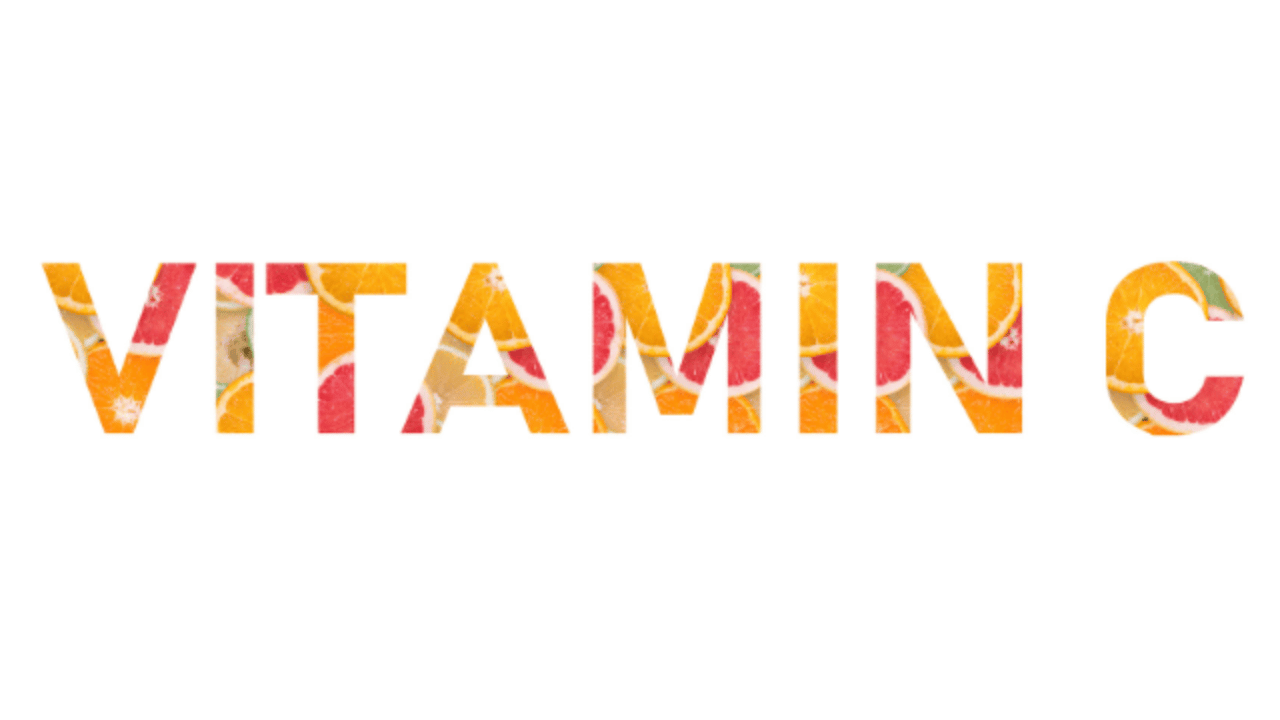The Benefits of Vitamin C and How to Ensure Adequate Intake
Vitamin C is an essential nutrient for human health. It has many benefits, it helps to support the immune system, protecting cells from free radicals, and aiding in wound healing. This article will give an overview of vitamin C, explain why it’s important, and outline how to ensure adequate intake.

What is Vitamin C?
Vitamin C (ascorbic acid) is a water-soluble vitamin that is found in many fruits and vegetables such as oranges, strawberries, potatoes, broccoli, and cantaloupe. It is also available as a dietary supplement in various forms such as tablets or capsules.
Vitamin C helps the body absorb iron from plant-based foods and plays an important role in forming collagen and other proteins that are necessary for healthy skin and bones.
Benefits of Vitamin C
Vitamin C has numerous benefits for the body including strengthening the immune system; protecting cells from damage caused by free radicals; helping with wound healing; promoting healthy gums; improving vision; and even reducing the risk of certain cancers. Additionally, vitamin C helps keep your skin looking young by aiding in the production of collagen which helps reduce wrinkles and improves skin elasticity. Finally, vitamin C helps keep your bones strong by supporting calcium absorption in the body.
Where to Get Vitamin C
The best way to get sufficient amounts of vitamin c is through diet by eating plenty of fresh fruits and vegetables that are high in vitamin c like oranges, strawberries, potatoes, broccoli, cantaloupe, kale, bell peppers etc. If you don’t think you are getting enough through diet alone then consider taking a supplement or multivitamin containing this valuable nutrient. However, remember that supplements should never be used as a substitute for eating a balanced diet rich in fresh fruits and vegetables.
Deficiency in Vitamin C and its Consequences
A deficiency in vitamin c can have serious consequences on your health including weakness or fatigue due to lack of oxygen delivery throughout the body; poor wound healing due to weakened collagen formation; increased risk of infection due to weakened immunity; dry skin or scurvy due to lack of collagen production; increased bruising due to capillary fragility; joint pain since cartilage requires adequate levels of vitamin c; decreased bone density since adequate levels are needed for calcium absorption ; gum disease since inadequate levels can lead to periodontal problems ; poor vision since inadequate levels can lead to changes in eye structure ;and finally anemia since vitamin c increases iron absorption from plant-based foods .
How to Ensure Adequate Intake of Vitamin C
Eating a healthy diet with plenty of fresh fruits and vegetables high in vitamin c like oranges, strawberries, potatoes, broccoli, cantaloupe etc.…will help ensure adequate intake. Consider taking supplements if necessary but remember they should never replace eating a balanced diet rich in fresh fruits & vegetables. Include variety into your meals & snacks so you get all the vitamins & minerals your body needs. Also make sure you are drinking plenty of fluids throughout the day as well.
Taking vitamin C can be beneficial for a variety of health issues. Evidence suggests that vitamin C may help lower the risk of cancer, like breast, colon, and lung cancers; although it is still not clear whether this benefit is from vitamin C specifically. Evidence also shows that regularly taking vitamin C supplements does not prevent the common cold but does seem to be helpful in preventing age-related macular degeneration (AMD) from worsening. In addition, those who have a higher vitamin C intake appear to have a lower risk of developing cataracts. Overall, vitamin C is generally safe for most people and has potential benefits if they are vitamin C deficient.
Vitamin C is an important vitamin for the body, maintaining many vital functions like supporting growth and development, wound healing, and aiding immunity. Supplementing vitamin C in appropriate doses can offer benefits to health, however it's important to be aware of potential side effects. Taking too much vitamin C can lead to unpleasant symptoms such as nausea, vomiting and diarrhea, fatigue or insomnia, heartburn and stomach cramps or bloating. Long-term use of vitamin C supplements over 2000 milligrams per day may also increase risk of kidney stones. If you choose to take vitamin C supplements regularly then it is a good idea to inform your doctor as high levels of vitamin C can sometimes interfere with medical test results.
Vitamin C is an essential nutrient for our bodies, but it is important to consider interactions when taking vitamin C supplements. Taking vitamin C can increase absorption of aluminum from medications containing aluminum and using vitamin C during chemotherapy might reduce its effect on the body. Also, vitamin C should be taken with caution when used alongside oral contraceptives or hormone replacement therapy as it might increase estrogen levels. Further, vitamin C can impact antiviral drugs like protease inhibitors and reduce the effect of cholesterol-lowering drugs like statins and niacin; additionally, it can be detrimental to those using anticoagulant warfarin (Jantoven) as high doses of vitamin C can reduce its effectiveness. Ultimately, vitamin C should be used carefully with an understanding of possible interactions to ensure your safety and wellbeing.
Conclusion:
In conclusion, vitamins play an essential role in our overall health & wellbeing. While there are many benefits associated with getting enough vitamins one must be careful not to overdo it. Make sure you eat a balanced diet full of fresh fruits & vegetables & include variety into your meals & snacks, so you get all the vitamins & minerals your body needs. Supplements may be necessary for some people but should never replace eating properly. It’s also important to stay hydrated throughout the day so drink plenty of water! Make sure you get enough Vitamin C every day!

